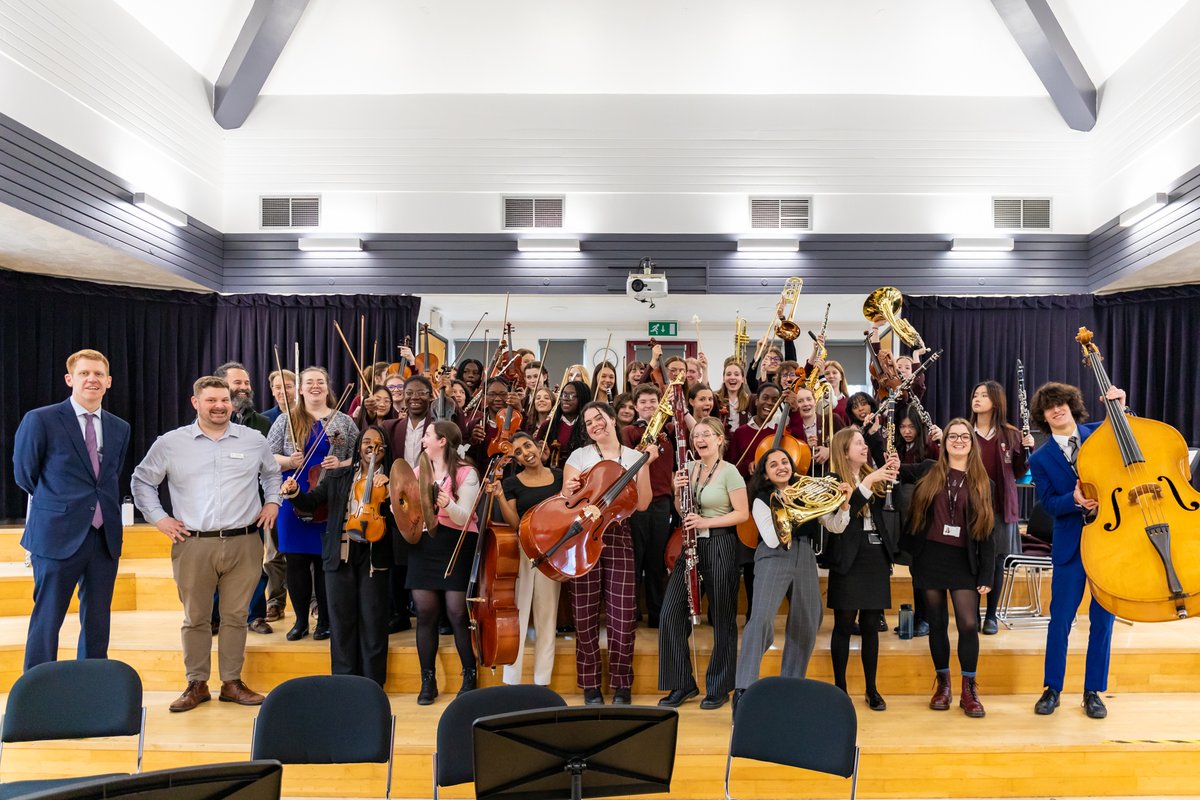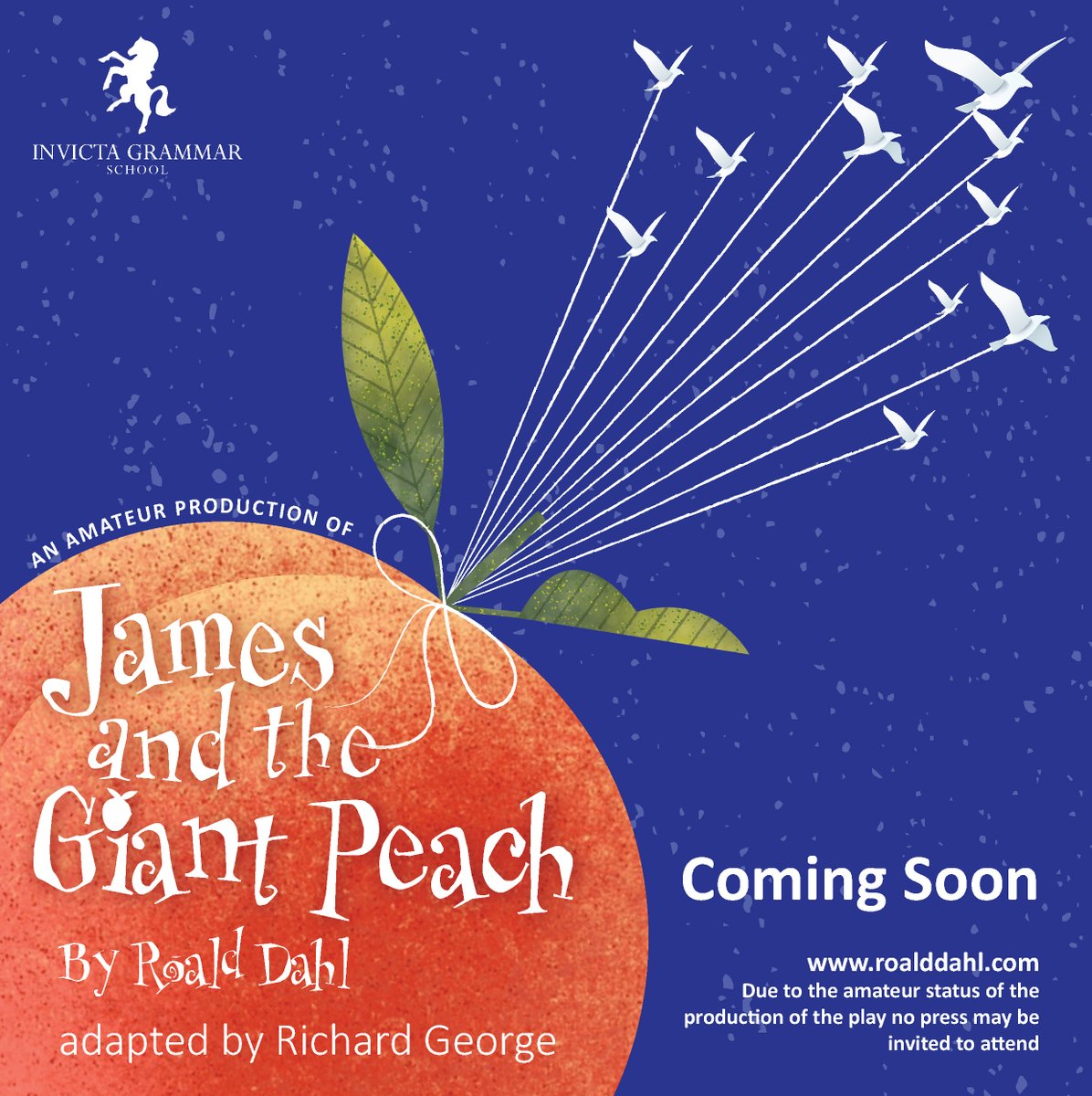Latest News
Women in Leadership - Kirsten Maclean, Principal Research Scientist
Name: Kirsten Maclean
Role: Principal Research Scientist
Company: Commonwealth Scientific Industrial and Research Organisation (CSIRO), Australia
Please tell us a little bit about yourself: I work at the Australian government's research agency - CSIRO and am a social scientist (Human Geographer) in a research program focused on 'Sustainability Pathways' for people and environment in Australia and our region.
I have been working at CSIRO since December 2009, and prior to that, worked as a Post Doctorial Fellow at the University of Queensland, before that as a Fisheries Officer (for 12 months) for the Australian Fisheries Management Authority on Thursday Island in the Torres Strait (the group of Islands that are located between the eastern tip of Australia - Cape York, and Papua New Guinea). Prior to that I was at the Australian National University doing my PhD (role of local and Indigenous knowledge in community development and environmental management projects in Australia).
I have spent time living beyond Australia, including in the UK (completed by M.Phil at the University of Cambridge, and started my PhD at Bristol University); in Costa Rica (worked as a research assistant to a Professor at the National University, located in Heredia), Scotland (worked in a pub and in other jobs), Ireland, France (student exchange). In 2019 (just before CV-19 hit), I spent 3 months as visitor to the Stockholm Institute of Environment in Bangkok (the whole family came along for the ride).
Why did you decide to go into your chosen field? I kind of ‘fell in’ to my chosen field. My mother actually taught me Geography at high school, needless to say I didn’t really like that subject (my Mum was a great teacher, but it’s tough having your parent teach you), but now, many years later, I am actually a ‘Principal Research Scientist/Human Geographer’. I enjoyed learning about social and environmental justice issues at university and wanted to have an impact on such issues in Australia, our region and beyond. When I did an M.Phil, I really enjoyed the research thesis component, so decided to pursue a PhD, then a PostDoc, and now I’m where I am.
What qualifications and work experience did you need to reach your current position? B.A, B.Sc, M.Phil, PhD. I have travelled and lived in other countries and have a general interest in social and environmental justice issues, the role of different knowledges, and the co-production of new knowledge across those different knowledge cultures/types for improved management of changing social ecological systems.
What do you enjoy most about your job/role? Working with my colleagues, working with Indigenous leaders, industry and government. Getting out to meet people on their country, using different kinds of qualitative research methods in our work (including art, photography, videography) and working together for institutional change.
Are there any obstacles you had to overcome in your career? I did find myself in some situations, prior to being in leadership positions myself, where the leadership approach of the project leader or other, wasn’t so supportive. I did learn, however, new skills to work in such situations. Also, importantly, I also learnt that there are many different ways to lead, and different people to learn from, and if possible, it’s good to gravitate towards the leaders that best suit one's own philosophy.
Why do you think it is important to have strong female representation in your industry? There are an increasing number of women and non-binary people in science leadership in my industry, and often they work to pave the way for younger women and non-binary people, and they sometimes lead in a way that is more inclusive. I believe that it’s important to create and hold a space for women (and non-binary people) to be able to develop leadership skills that are matched to their inherent skills as women and that recognises the inequality and inequity that is faced by many women. Such spaces enable women (and non-binary people) to create change, new pathways and opportunities to work in ways that ensure inclusivity, psychological safety and other such things.
That said, there are many fantastic men who are also champions of women and non-binary people, of doing things differently, of inclusivity.
I believe that it’s important to celebrate difference, and to reward those who dare to do things differently (for the benefit of others), but I also think it’s important to move beyond binaries that place men and women on different sides of a duality or a spectrum. That’s likely a different leadership approach that is advocated by many women in my industry.
What advice would you give to those wanting to take a similar career path? Go for it! Find what you are really interested in, develop networks and connections with others, and get outside your comfort zone (which will then become 2nd nature to you soon enough). Travel, learn from different ways of being and knowing in the world. Find opportunities to volunteer your time in areas that interest you, by doing this you will not only develop skills to add to your CV, but you will meet like-minded people, build networks, learn a lot. Who knows where that will lead!
There may be many opportunities that come your way. Sometimes such work can be challenging, but it’s always rewarding, but do remember to create personal boundaries and develop the skill to say ‘no’.
Is there anything else you would like to add about your job or about Women In Leadership? Most recently, I was very fortunate to join the Homeward Bound Global Initiative and leadership program for women with a STEM background, that culminated in a 3-week voyage with 100 other women to the Antarctic Peninsula. We learnt first-hand about the impacts of climate change on the Peninsula and wildlife, developed networks with each other, shared insights into the work that we do, how we wish to lead change in our immediate spheres, and had some good old-fashioned fun along the way.


























